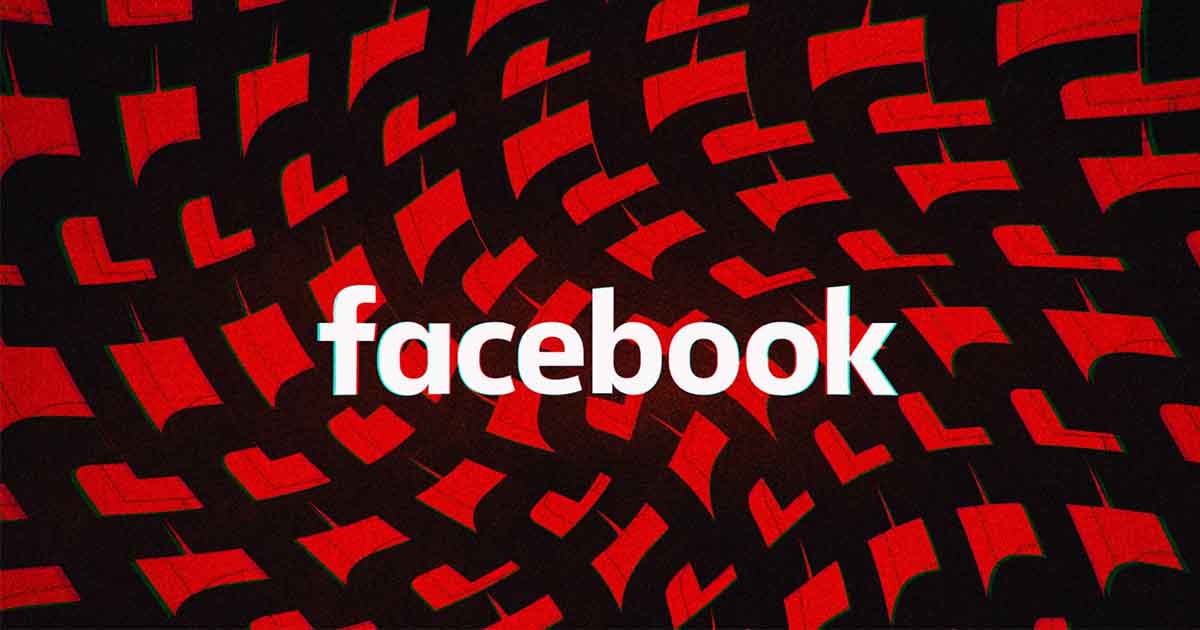News Desk |
Social media giant Facebook has said that it is introducing a new set of rules around its live-streaming feature as it increases efforts to combat hate speech aimed at curbing online violence in the aftermath of the mass shooting in New Zealand in March. The shooter, a white supremacist from Australia, live-streamed the terror attack on Facebook, and led followers to the video with a post on the far-right message board 8chan.
The social media platform, on Tuesday, 14th May, said that it was introducing a “one-strike” policy to Facebook Live, where people who break the rules would immediately be restricted from using the live-streaming service for set periods of time, for example 30 days, starting on their first offence.
Christchurch shooter from starting a live-stream, and Facebook did not comment on whether this use would have been prevented the tragedy.
“We recognise the tension between people who would prefer unfettered access to our services and the restrictions needed to keep people safe on Facebook.” Guy Rosen, Facebook’s vice president of integrity, said in a blog post. “Our goal is to minimise the risk of abuse on Live while enabling people to use Live in a positive way every day,” he added.
Before today, content that violated its policies, such as hate speech, or terrorist activity, was taken down and in some cases users were banned from Facebook altogether if they continued to commit such offences.
Read more: New Zealand’s PM calls on world leaders to help eliminate online…
After the mass shooting that killed more than 50 people in Christchurch, New Zealand, Islamophobic school of thought has been condemned and called out all around the world. Previously, there had been handles to run content which promoted Islamophobia and hate speech against Muslims. Now, Facebook has started to respond with strikes against these pages.
It is unclear if the new detection mechanisms would have disallowed the Christchurch shooter from starting a live-stream, and Facebook did not comment on whether this use would have been prevented the tragedy.
Facebook sent out its press release just hours before New Zealand’s Prime Minister Jacinda Ardern is set to meet with French Prime Minister, Emmanuel Macron, about stopping the spread of extremist content online.














